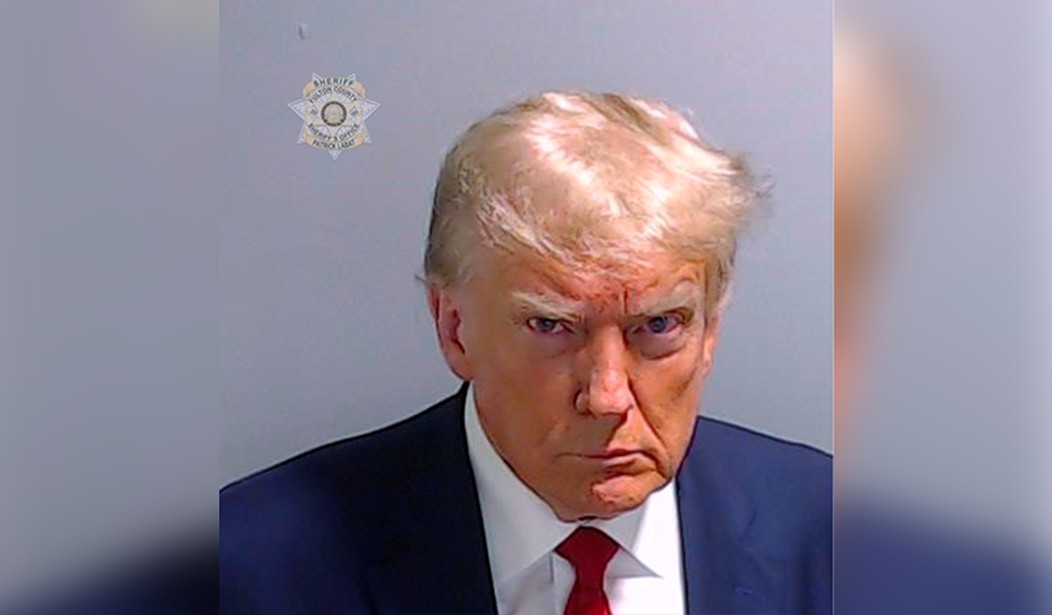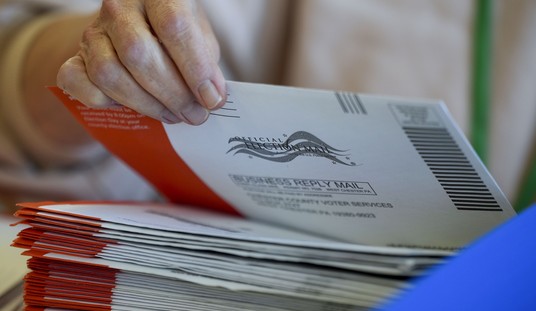On Monday, the Donald Trump legal saga took another turn, as Special Counsel Jack Smith requested a ruling from the Supreme Court on a matter of presidential immunity, which is expected to have implications on charges levied against former President Donald Trump.
Special Counsel Jack Smith on Monday asked the Supreme Court to immediately step in to decide whether former President Donald Trump has immunity from prosecution for his actions seeking to overturn the 2020 election.
"This case presents a fundamental question at the heart of our democracy: whether a former President is absolutely immune from federal prosecution for crimes committed while in office," Smith wrote in the court filing.
Smith said it was "of imperative public importance" that the high court decide the question so that Trump trial, currently scheduled for March, can move forward as quickly as possible.
Immunity has already been denied last week at a lower court.
On Dec. 7, U.S. District Court Judge Tanya Chutkan, who is presiding over the election interference case, denied Trump's motion to dismiss his the indictment on presidential immunity and constitutional grounds, prompting Trump to appeal and ask for the case to be put on hold.
In that earlier ruling, Judge Tanya Chutkan denied the presidential immunity claim.
Judge Tanya Chutkan, who’s presiding over the election interference case against the former president, ruled against Trump last Friday, Dec. 1, denying his motion to dismiss his D.C. indictment on presidential immunity and constitutional grounds. Chutkan said the former president did not have absolute immunity from prosecution for actions taken in his role as president.
These cases could have long-standing implications. While the Supreme Court in "Nixon v. Fitzgerald" ruled that a sitting President cannot be sued civilly for actions taken while in office, and in "Clinton v. Jones" ruled that a President has no immunity from civil litigation for acts taken before holding that office, neither applies to the Trump cases around the events of Jan 6th, 2021, where he is accused of criminal acts taken while in office. If the Supreme Court denies immunity, then these prosecutions can continue into the primary season. What effect that may have on Trump's campaign to return to office remains to be seen.
These legal actions do not appear to be damaging former President Trump's standing in the polls. As of this writing, he maintains a lead of 47.6 percent over other GOP candidates in the RealClearPolitics polling average and maintains a small but steady lead over incumbent President Joe Biden in the RealClearPolitics average.
The Republican Presidential primaries start in January with the Iowa caucuses and the New Hampshire primary, followed in February by South Carolina, Nevada, the U.S. Virgin Islands, and Michigan. Following "Super Tuesday" on March 5th, the nomination may well be effectively decided.
FLASHBACK: See more RedState coverage of former President Trump's legal issues and his re-election efforts at these links:














Join the conversation as a VIP Member